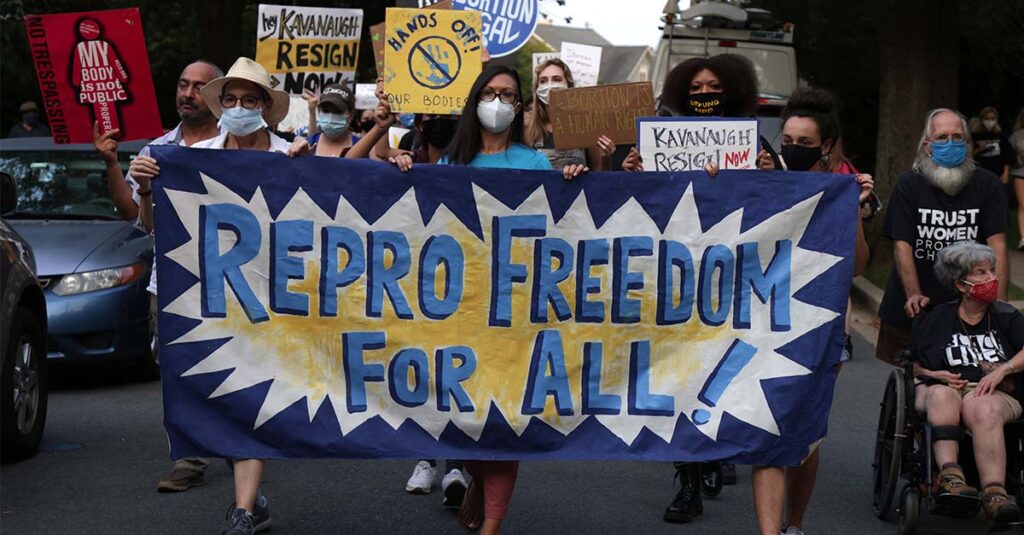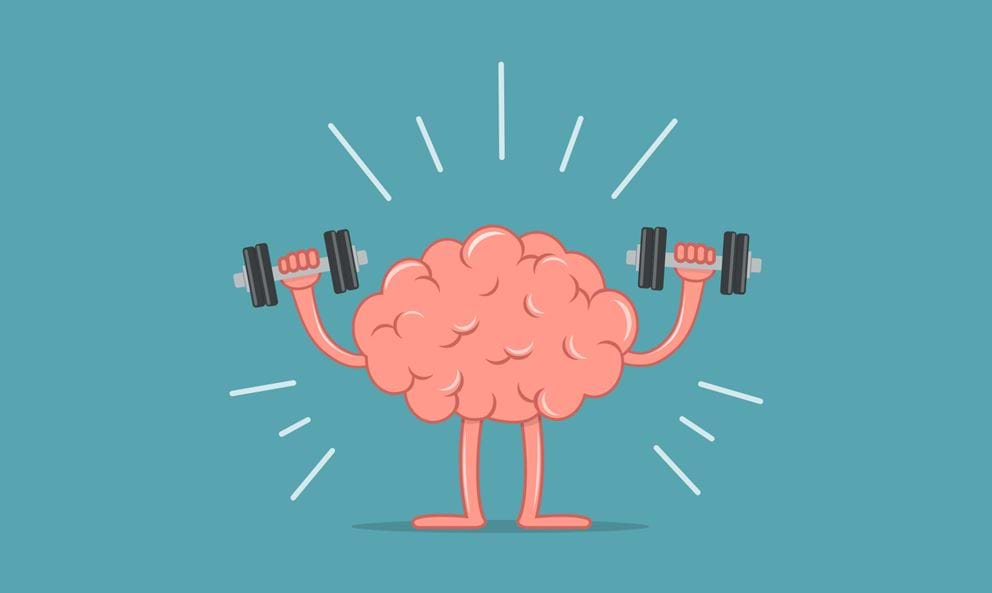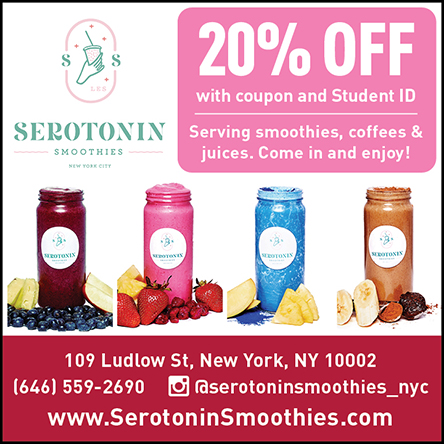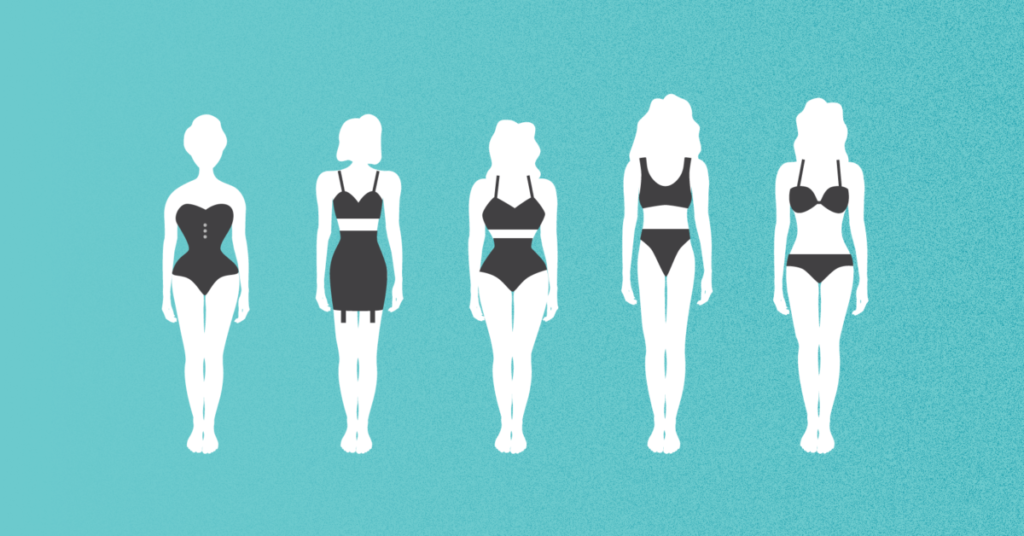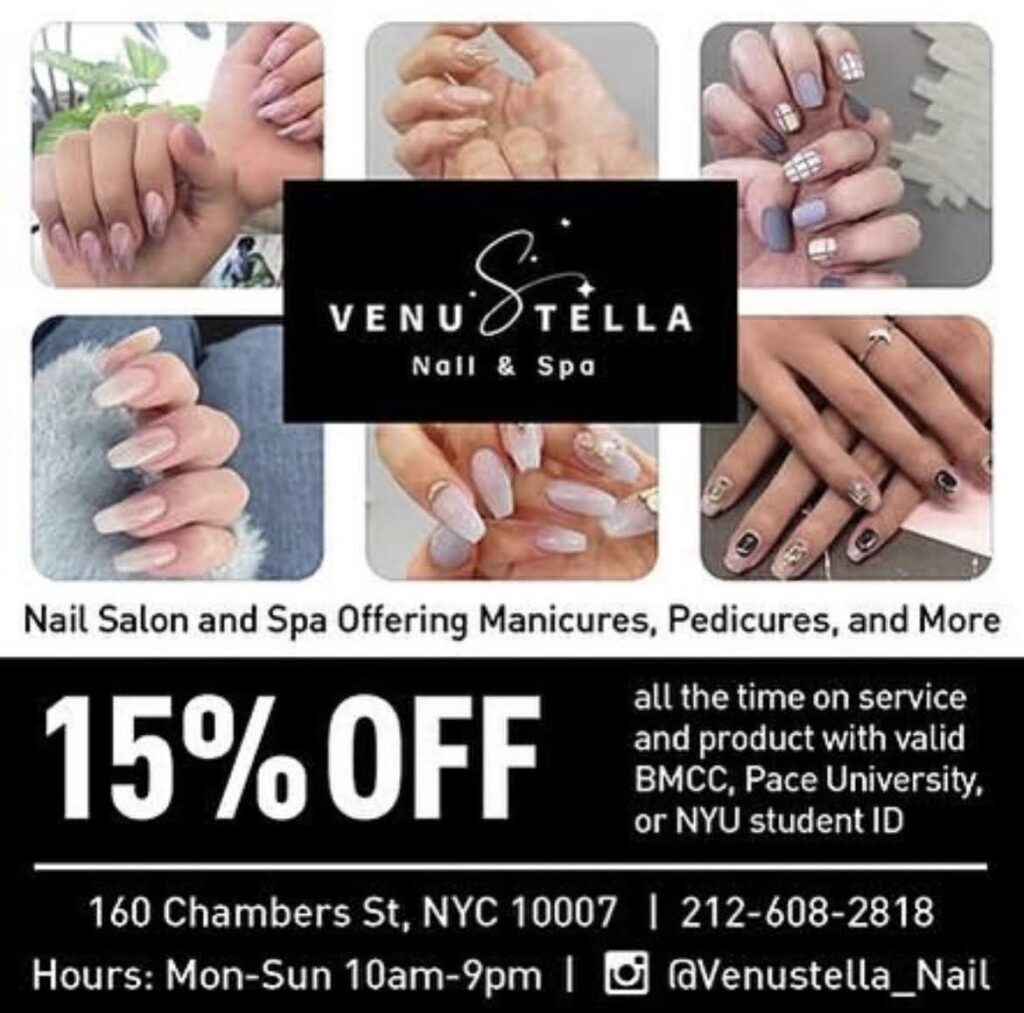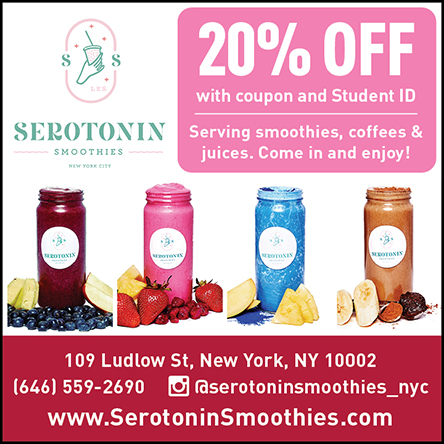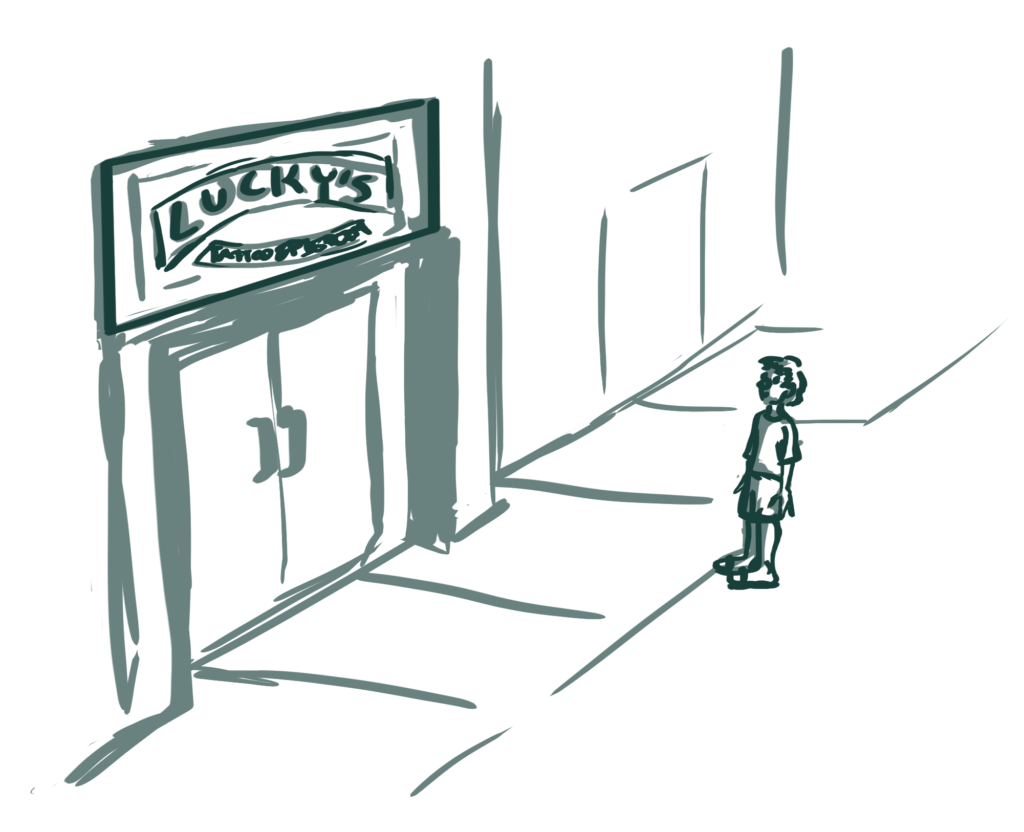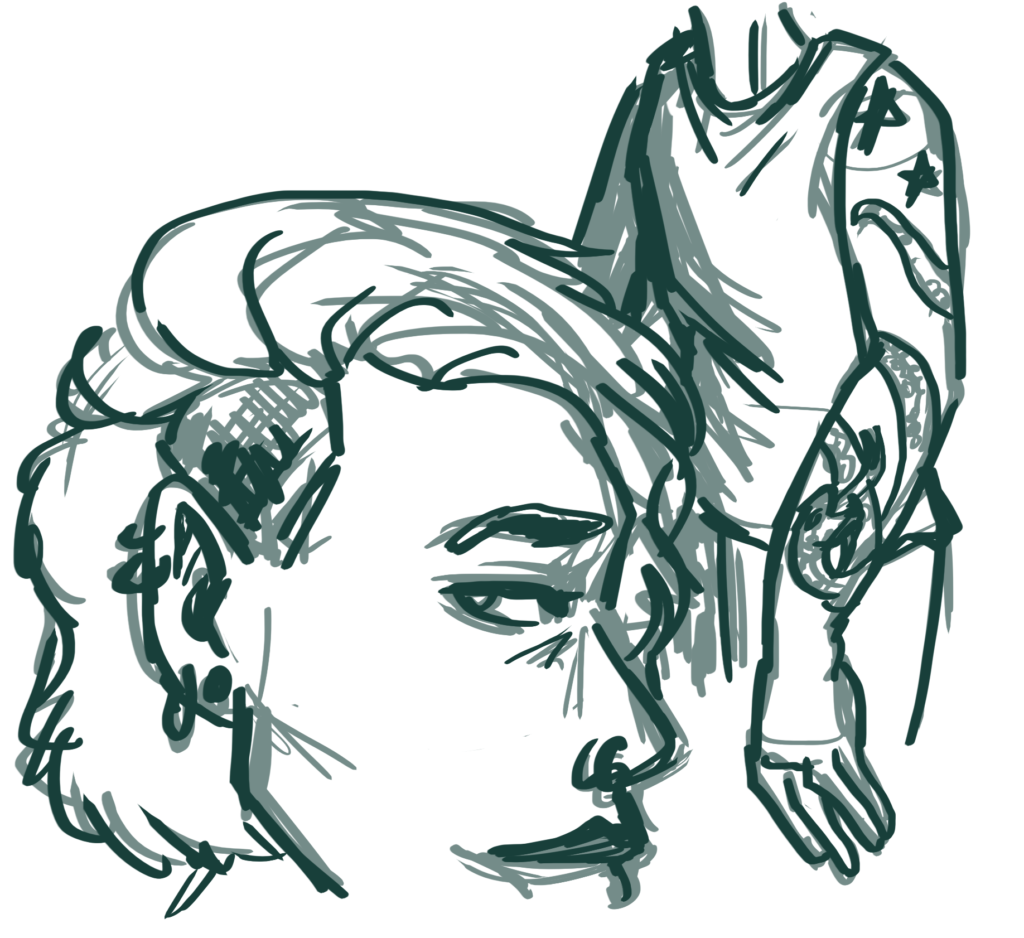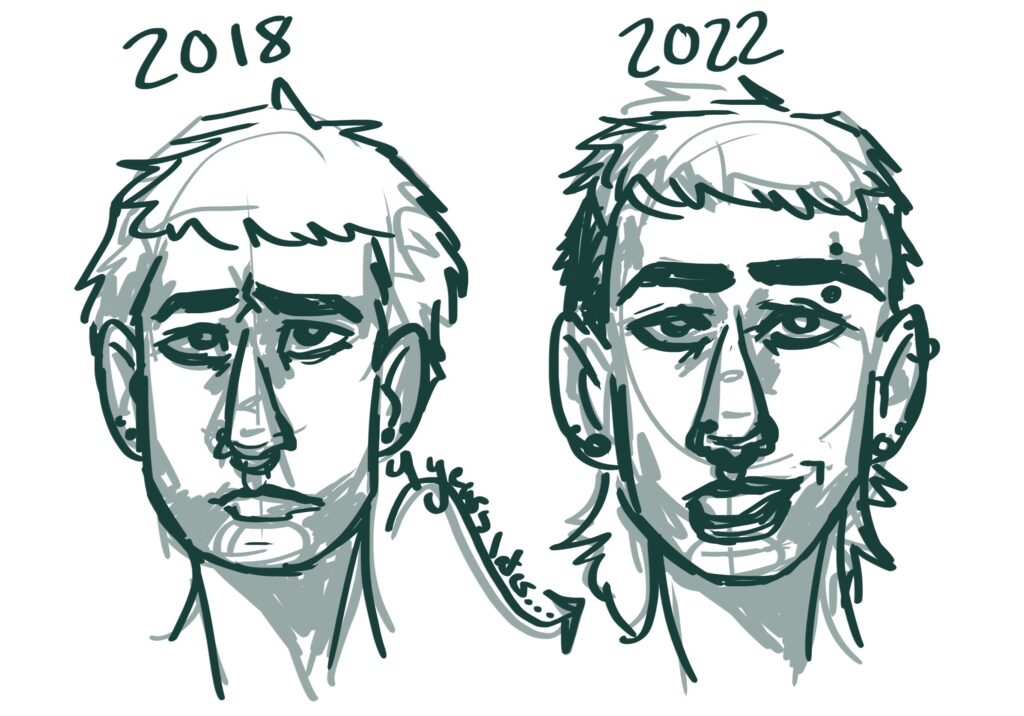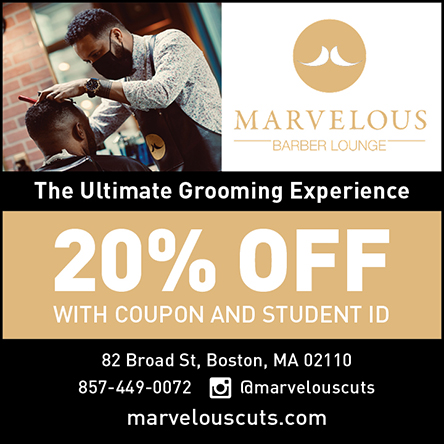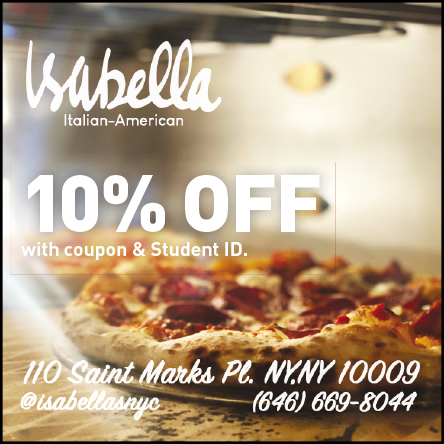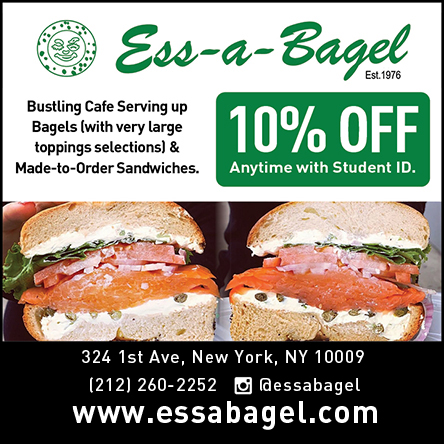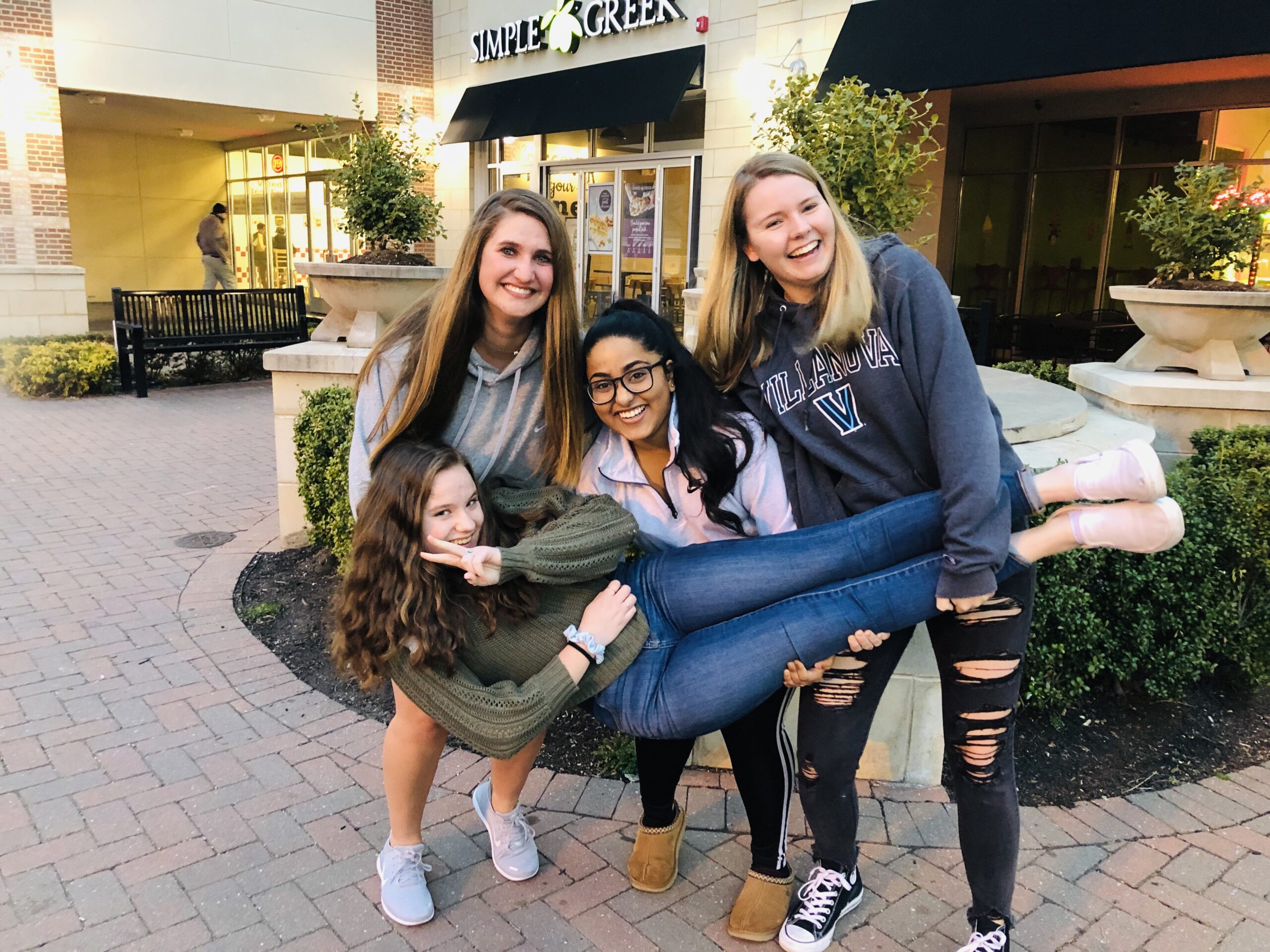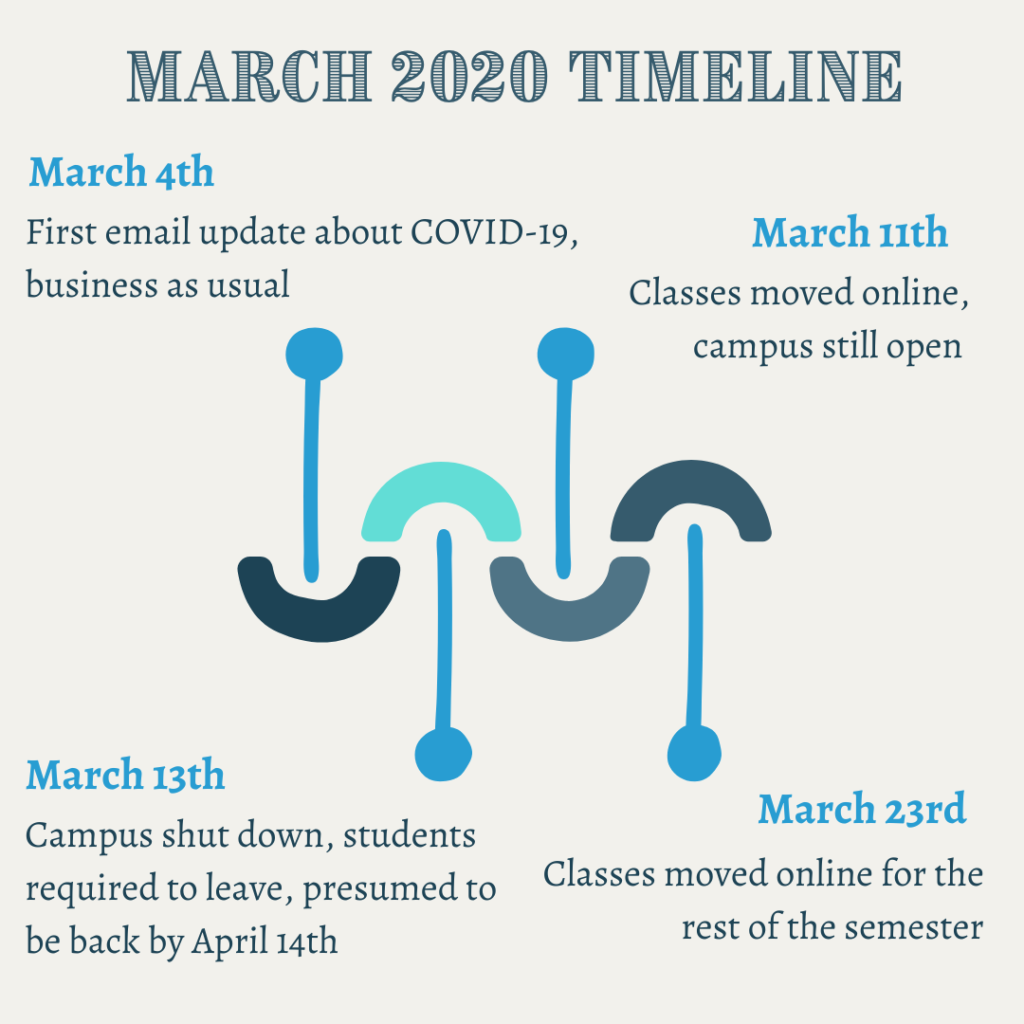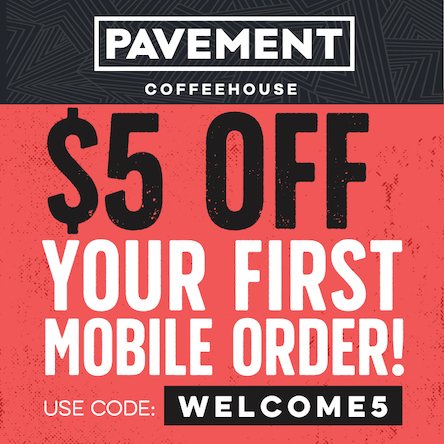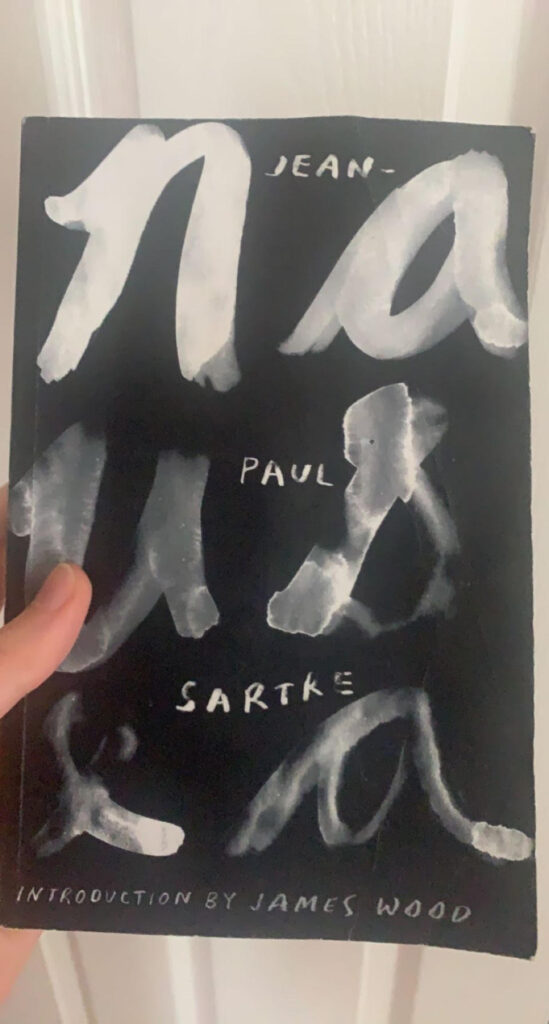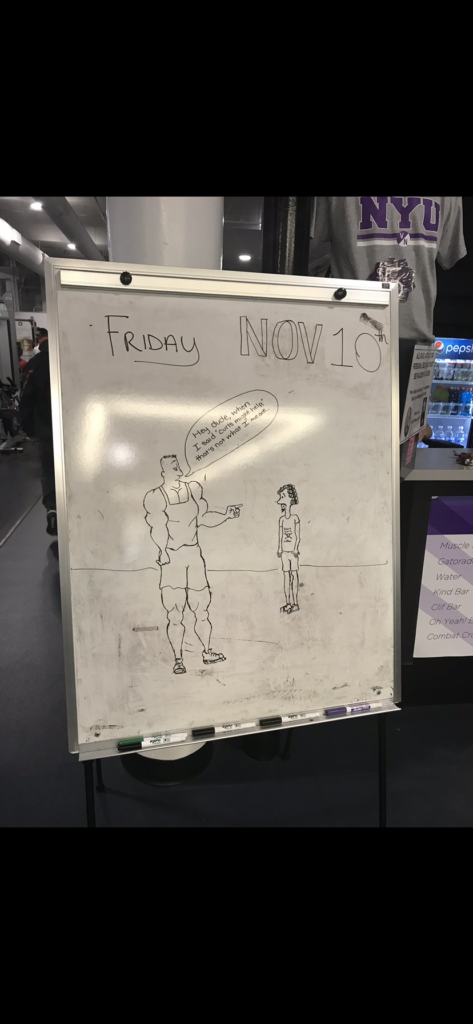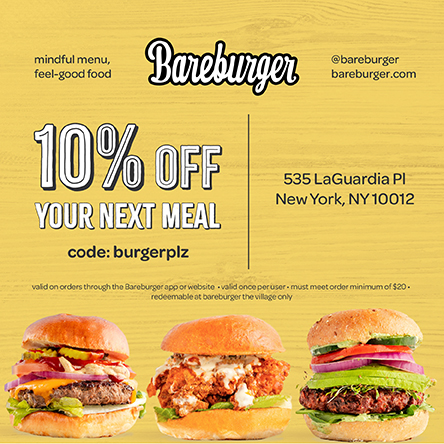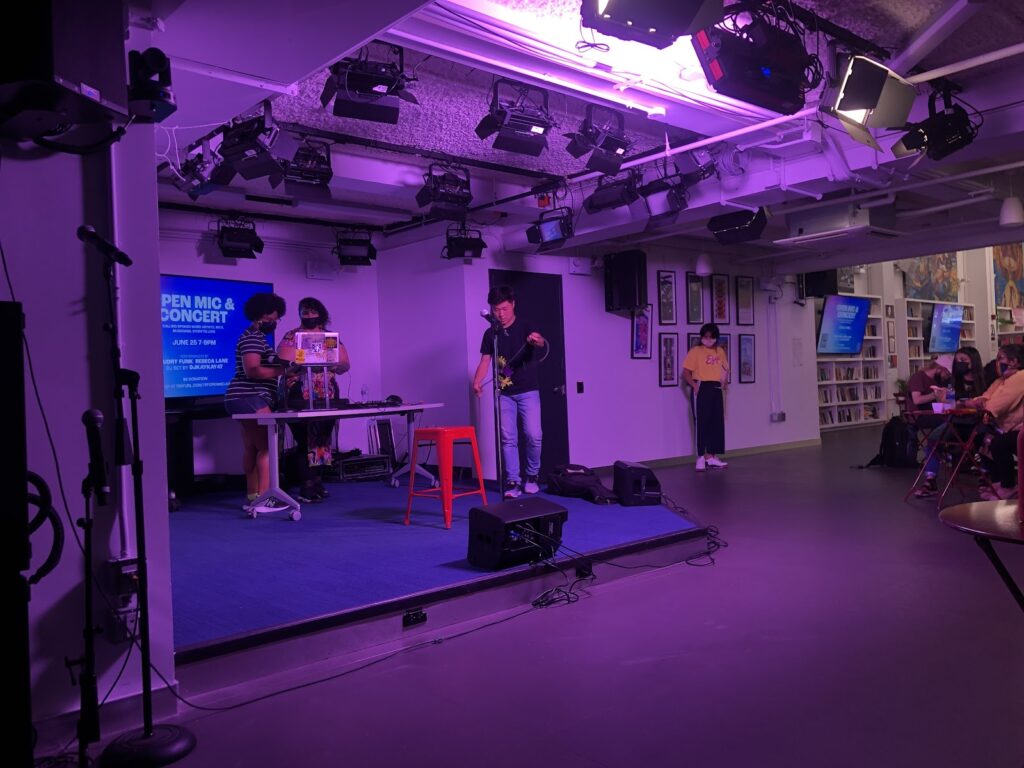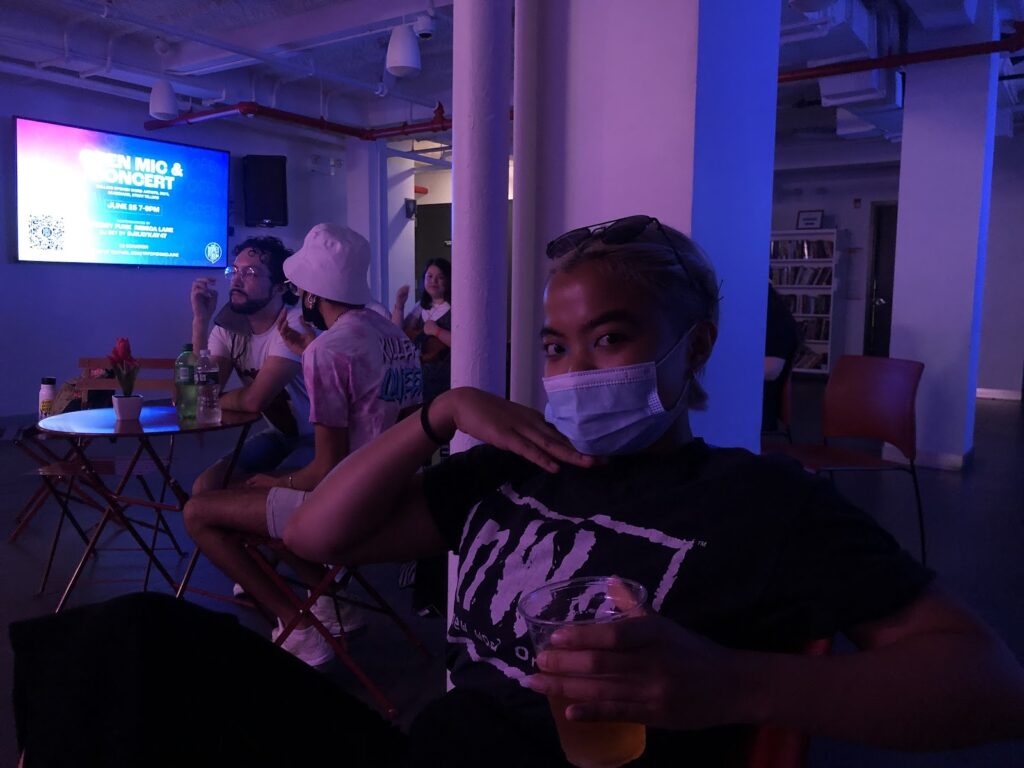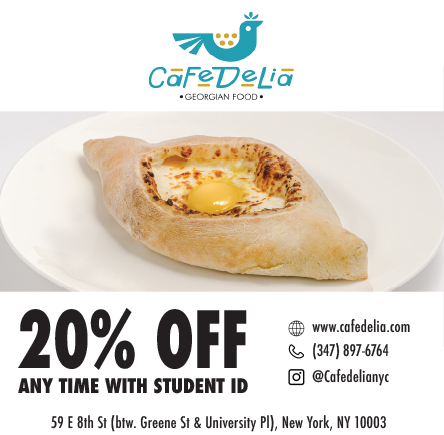College is a time for a person to grow and reflect. I suppose that is why they call it “higher education,” since in four years, the goal is for you to leave school as a better version of yourself, and ideally, a better human being. You’re not just concerned about landing a career (sorry mom and dad), but you are trying to learn about the world around you and your place within it. It’s a turbulent time in a young person’s life, and when you mix that with a global pandemic that ushers in a time of increased isolation and awareness of current events, it prompts more learning, thinking, and reflecting than ever before.
During one of my Zoom classes in the Spring 2020 semester, my professor declared that we were all “living in history” as we were all exiting the meeting. It took me by surprise, for despite being such a short sentence, the truth of it resonated deeply with me. We were, seemingly, entering a new era of human life. Students read about things like the Black Death or the flu outbreak and thought “this could never happen to us,” yet there we were, dinosaurs with no warning of the impending asteroid. It seemed like, similar to some of our favorite apocalyptic stories, a worldwide catastrophe would connect all of us. Like the cast of High School Musical might say, we would be all in this together.
Spoiler alert! We were not. What was supposed to unite us—a common enemy in the form of a viral disease—was a topic of contention, especially as alt-right groups were fear-mongering to spread misinformation about the vaccine and calling COVID-19 a hoax.
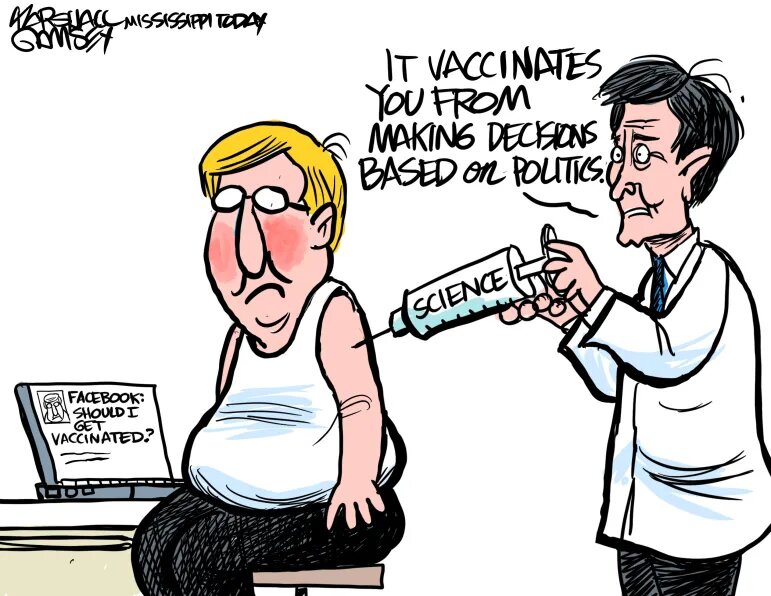
But this was only the beginning, and the pandemic was not the only moment of history that we were living through. COVID-19, as many before me have pointed out, brought with it a social reckoning, one that opened many eyes—namely white Americans who did not understand the reality of the privilege they possess—to how corrupt our country truly is. The pandemic has been described as removing distractions from our lives, and it became a time to be engaged and plugged in, critiquing our society and the institutional systems of oppression that were always present but greatly exacerbated by COVID-19.
So much has happened over the last couple of years that it doesn’t do it justice in just one short piece of writing. Beginning with the murder of George Floyd on May 25, 2020, systemic racism and police brutality were once again brought to the forefront of the minds of all Americans. We saw how unfair policing practices like no knock warrants took the lives of Breonna Taylor and Amir Locke. We lived through a dangerously heated presidential election—the first I ever voted in—and though the election of Joe Biden seemed to bring about a shift in the tide, the insurrection on January 6th demonstrated just how fundamentally divided and disappointing our country is. Guns have more rights than any person in this country, as there are always more mass shootings in the United States than there are days in the year (330 at the beginning of the day, 332 when I refreshed the data before posting). LGBTQ+ individuals are being targeted with dangerous legislation like the “Don’t Say Gay” bill in Florida, which open the doors to the erasure and silencing of those who identify with the community. Most recently, those in this country who can get pregnant were stripped of their reproductive rights as Roe v. Wade was overturned—a decision made by only five people, but jeopardizes the lives of all Americans seeking abortions and disproportionately affects marginalized communities. More than that, Justice Clarence Thomas is looking to overturn other important cases such as Griswold v. Connecticut, Lawrence v. Texas, and Obergefell v. Hodges, which targets legislation that, respectively, guarantees the right to contraceptives, same-sex sexual relationships, and same-sex marriage. It feels like we are not only living in moments of history, but we are being sent back to the past and making the same mistakes over again.
If there is anything that I have learned from all of this, it is the importance of paying attention and having conversations driven by human empathy. The pandemic in general showed us that we need to be kind to one another and help each other out when we can, but it also highlighted the inequity our nation operates on and exploits. In a conversation with Dr. Mary Mullen, an English professor at Villanova last year, she astutely pointed out that college campuses like to think they operate in a bubble, one that merely spectates the history of the world around it; but they do not. They are shaping and being shaped by outside forces, and at such a critical moment in our lives when we are trying to figure out who we want to be and come to terms with our own identity, we need to be willing to learn and to listen, especially with all that is going on in our world right now. It’s important to take classes that you are interested in and push you to grow and reflect on yourself—what you think about the world and why. To look at perspectives that reach beyond your own, to remember that humanity can only be at its best when we accept and learn from one another. To include everyone who is left out of the conversation and to remember the stories that are conveniently left out of the K-12 school system.
It feels like the closest this nation has been to unity was in 2019 when we all promised not to post any spoilers for Avengers Endgame. How nice it would be for us to care about each other in the same way again.

By: Katie Reed
Katie Reed is a senior at Villanova University studying English and Communication. She is in utter disbelief that she just admitted to being a senior. She loves to read, but has made barely a dent in the increasingly large pile of books on her bookshelf that she told herself she would read this summer. She hopes to enter a career in the editing and publishing industry.
For over 20 years, the Campus Clipper has been offering awesome student discounts in NYC, from the East Side to Greenwich Village. Along with inspiration, the company offers students a special coupon booklet and the Official Student Guide, which encourages them to discover new places in the city and save money on food, clothing, and services. At the Campus Clipper, not only do we help our interns learn new skills, make money, and create wonderful e-books, we give them a platform to teach others. Check our website for more student savings and watch our YouTube video showing off some of New York City’s finest students during the Welcome Week of 2015.

